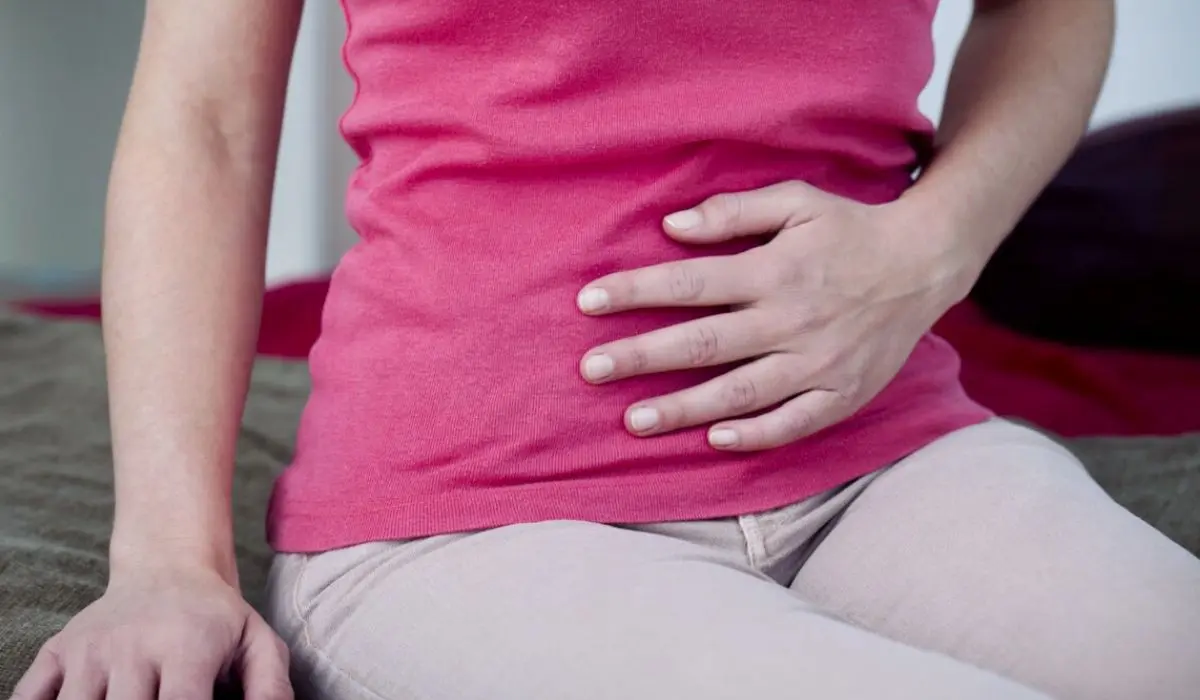Quitting smoking is a positive and health-promoting decision, but it can accompanied by various side effects as the body learns to navigate without nicotine. The intensity and duration of the side effects could vary from person to person. Bloating is however reported as one of the most common problems faced by individuals. It is generally the accumulation of gas inside the stomach that can be quite uncomfortable in every way.
Bloating As A Side Effect Of Quitting Smoking
Several factors can contribute to the feeling of bloating after quitting smoking. The reasons include-

1. Metabolic Changes
Nicotine is a stimulant that increases the heart and metabolic rate. When you quit smoking, your body experiences a decline in these stimulant effects, potentially leading to a metabolic slowdown in metabolism and digestion. Therefore, the digestive system might take some time to reboot itself and work like it used to.
2. Water Retention
Nicotine’s diuretic properties lead to the production of urine. This leads to a loss of water weight. When you quit smoking, the diuretic properties no longer take effect and your body may retain water temporarily. When you quit smoking, the diuretic’s properties wear off.
3. Changes In Eating Habits
Quitting smoking can disrupt established routines, including eating habits. Some individuals may turn to food as a substitute for the hand-to-mouth action of smoking, leading to changes in dietary patterns that may contribute to bloating.
4. Stress And Anxiety
quitting smoking is a major lifestyle change and can be a stressful process. Stress and anxiety can affect the gastrointestinal system, potentially leading to bloating and other digestive issues.
5. Constipation
Nicotine has a laxative effect and when you quit smoking your bowel habits may change. Some individuals may experience constipation which can contribute to bloating.
How To Get Rid Of Bloating After Quitting Smoking?
The ways include-
1. Consuming Enough Fibre
There are two main types of fibre-soluble and insoluble. Both are essential for digestive health. Incorporate a variety of fiber-rich into your diets, including whole grains(brown rice, quinoa, and oats), fruits(apples, berries, and pears), vegetables(broccoli, leafy vegetables, greens), legumes(lentils, beans), nuts and seeds. Increase the fiber intake gradually to allow your digestive system to adjust. Sudden intake can also upset the stomach and lead to gas and bloating.
2. Getting Regular Physical Exercise
Exercise stimulates the muscles in the digestive tract, promoting regular bowel movements and reducing the likelihood of constipation. Activities like walking, jogging, or cycling can be beneficial. On most days of the week, aim for at least 30 minutes of moderate-intensity exercise.
3. Drinking Plenty Of Water
Water is essential for digestion, helping to break down food and move it through the digestive tract. Staying hydrated can prevent constipation. Choose water as a primary beverage and limit or avoid caffeinated and sugary drinks which can contribute to dehydration.
4. Avoiding Foods That Contribute To Constipation
High-fat foods especially those that are fried can slow down digestion. Choose better ways to cook, like baking, grilling, or steaming. Some individuals may be lactose intolerant or sensitive to dairy, leading to digestive issues. Choose lactose-free options if necessary or consider non-dairy initiatives. While red meat is a good source of iron, consuming it in excess can lead to constipation. Balance your diet with other protein sources like poultry, fish, beans, and tofu.
5. Over-the-Counter Medications
Anti-gas medications designed to alleviate gas and bloating such as simethicone. They break down the gas bubbles and make them easier to pass. Some individuals find relief by taking digestive enzymes. This can help break down carbohydrates, fats, and proteins promoting better digestion.
6. Other Considerations
Probiotic supplements may maintain a healthy balance of gut bacteria. They may be beneficial in promoting digestion and reducing bloating. It is advisable to seek the advice of a healthcare professional prior to commencing any novel supplement regimen.
7. Limit Sodium Content
High sodium intake can lead to water retention and bloating. Try to limit your salt intake by avoiding highly processed foods and adding less salt to your meals.
Conclusion
These lifestyle changes contribute not only to relieving bloating but also to overall digestive health. It’s important to approach the adjustments gradually and listen to your body’s responses. If bloating persists or worsens you might want to approach a doctor who can rule out an underlying cause and recommend personalized solutions.